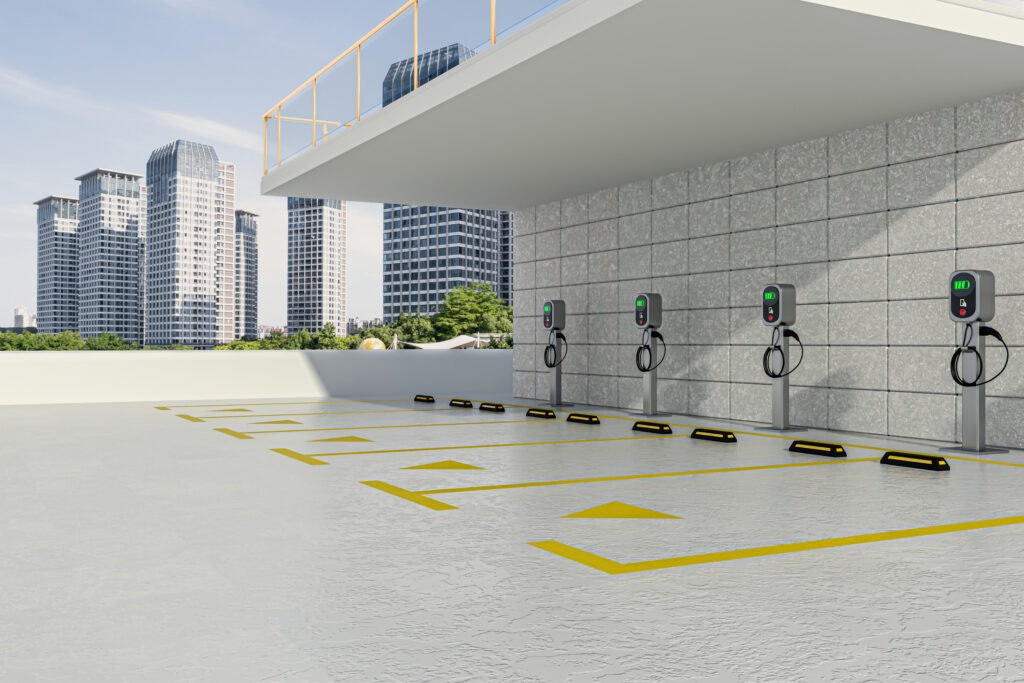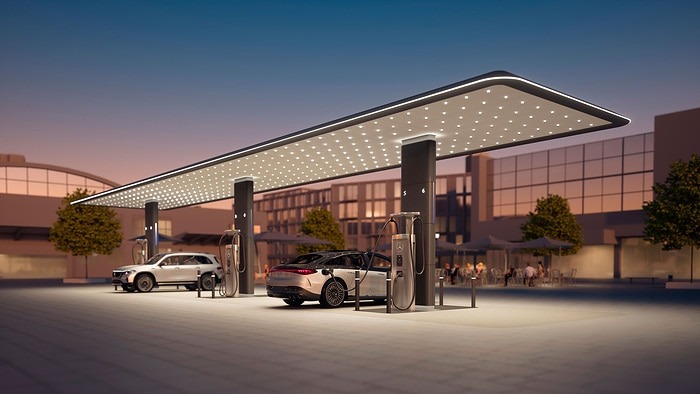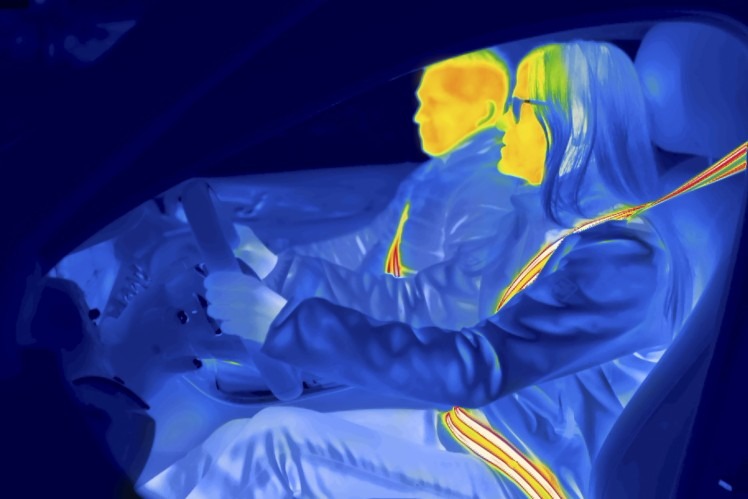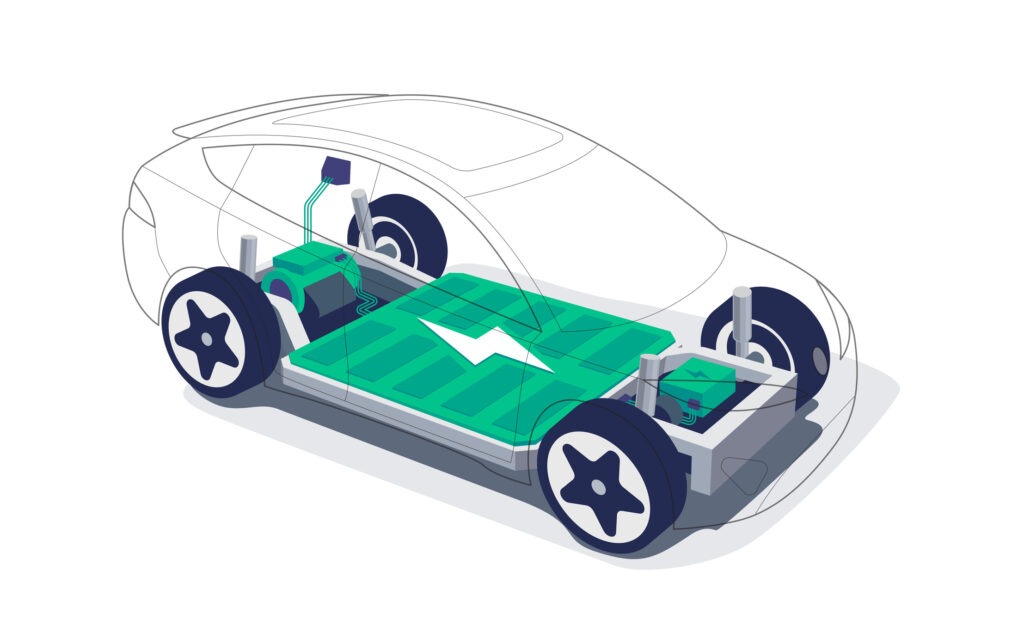Why carmakers are pushing into electric-vehicle charging
21 February 2023

Carmakers are not only spending billions on electric-vehicle (EV) development and battery-cell production, they are also actively shaping charging infrastructure. Funding viable networks enables manufacturers to stay competitive, opening up business opportunities and increasing brand exposure.
Ever since Tesla launched its first superchargers in 2012, carmakers have joined other companies – including utility providers, oil giants, and startups – by pushing into the EV-charging market. Some have invested directly in charging providers, whereas others teamed up with partners to establish networks.
‘With a growing EV share, a sufficient charging network is essential,’ Mercedes-Benz told Autovista24.
The premium brand is planning for an all-electric future from 2030, at least where market conditions allow. Offering battery-electric vehicles (BEVs) in all its segments forms a fundamental part of this strategy, and from 2025 customers will be able to opt for a fully-electric alternative, no matter the model.
While the carmaker is preparing to make the switch to electric, it also wants consumers to experience what it calls a ‘best in class’ charging experience.
‘This will require the installation of Mercedes-Benz charging parks, in addition to the more than one million charging points to which Mercedes me charge customers already have roaming access. Only in charging parks that we also plan ourselves can we take the needs of Mercedes-Benz customers into account in the best possible way and provide an appropriate charging experience,’ the brand explained.

Premium charging experience
The luxury manufacturer believes that EV charging should become a premium experience and will launch its own high-power charging network across key markets including Europe, North America, and China. The company wants to stand out from the crowd, claiming that its network would differentiate the ownership experience.
Mercedes-Benz wants to build 10,000 high-power EV chargers worldwide by 2030 – Tesla currently operates around 40,000. The move is a strategic one as Mercedes-Benz believes it will improve the usability of its new generation of EVs.
While the charging network is directed at the manufacturer’s well-heeled client base, it will also be accessible to other brands. As to why the company decided to build a network now, Mercedes-Benz said it will not take a ‘wait-and-see approach’ for an adequate EV charging infrastructure to be built.
Mercedes-Benz will have to dive deep into its pockets to realise its plans. A €1 billion investment will be made in North America, where the company plans to build 2,500 EV chargers by 2027. The manufacturer is not going it alone though, partnering with companies like renewable-energy provider MN8 Energy and ChargePoint.
Picking up the pace
When legacy carmakers like Mercedes-Benz first began electrifying their fleets, building charging networks might not have been high on the agenda. But as legislation tightened, especially in Europe where the sale of new internal-combustion engine (ICE) cars will be phased out by 2035, it became clear that EV infrastructure development needed a boost.
Automotive industry associations continue to call on governments to pick up the pace and build more EV chargers. The European Automobile Manufacturers’ Association (ACEA) found that six EU member states do not have a single charging point per 100km of road. It also highlighted the gap between countries that have the most chargers, mainly located in Western Europe, and those with the least.
Now carmakers are no longer relying on government efforts to establish suitable charging infrastructure. Many are teaming up with charging equipment providers to realise their goals.
Stellantis is collaborating with TheF Charging to build a public charging network. This partnership will focus on building fast chargers at around 15,000 locations across Europe. The objective is clear: to promote electromobility and optimise the user experience. The company has previously said it wants to have 35,000 fast-charging points in place by 2030.
Meanwhile, Volkswagen (VW) Group plans to deploy 25,000 high-power charging points around the world by the end of 2023, again with the help of partners such as Ionity. In a recent update, the company revealed it has already set up 15,000 fast chargers globally, putting it on track to hit its target.
The carmaker is focusing on key markets and plans to expand its charging network to 45,000 stations by 2025. This will include 18,000 high-power charging stations in Europe, 10,000 in North America, and 17,000 in China.
‘We consider charging to be not only a precondition for electromobility, but also a high-potential strategic business area of the future,’ said Thomas Schmall, VW Group board member for technology.
The carmaker has indeed turned charging and energy into a core business. Its product range now covers charging solutions for private customers and companies, including VW’s own wallbox and fast-charging stations.
Lead investments
Car manufacturers have realised they need to push ahead with developing their own EV infrastructure networks. After all, a well-functioning charging network is critical to selling EVs, and the list of traditional carmakers getting active in this field is growing. Volvo Cars is collaborating with ChargePoint and Starbucks to build the first public charging network at the coffee company’s US stores.
BMW’s venture arm, BMW i Ventures, recently confirmed an investment in EV-charging management business, Ampeco. The capital firm is known for investing money in startups in the fields of transportation, manufacturing, supply chain, and sustainability. Ampeco ticks all the boxes as the startup allows companies to manage chargers at scale. BMW i Ventures explained that as EV sales proliferate, access to EV infrastructure is becoming more critical than ever.
Similarly, Porsche SE – a holding company with investments in the areas of mobility and industrial technology – has also invested millions into ABB E-mobility Holding. ABB has sold more than one million EV chargers across more than 85 markets and has the largest installed base of fast chargers.
There is still some way to go to make Europe’s EV charging infrastructure fit for zero-emission mobility. The question of who should develop and build charging infrastructure also remains hotly debated. But it looks like carmakers are not leaving things up to external forces as they take the helm.



